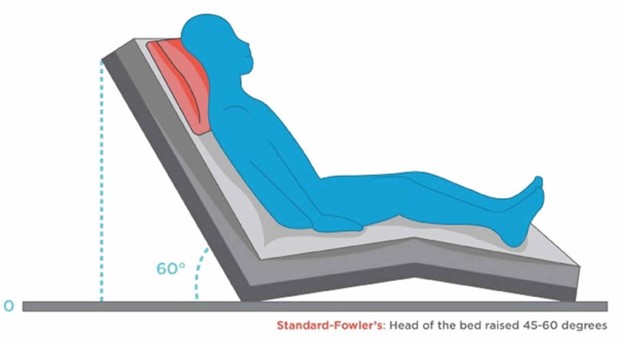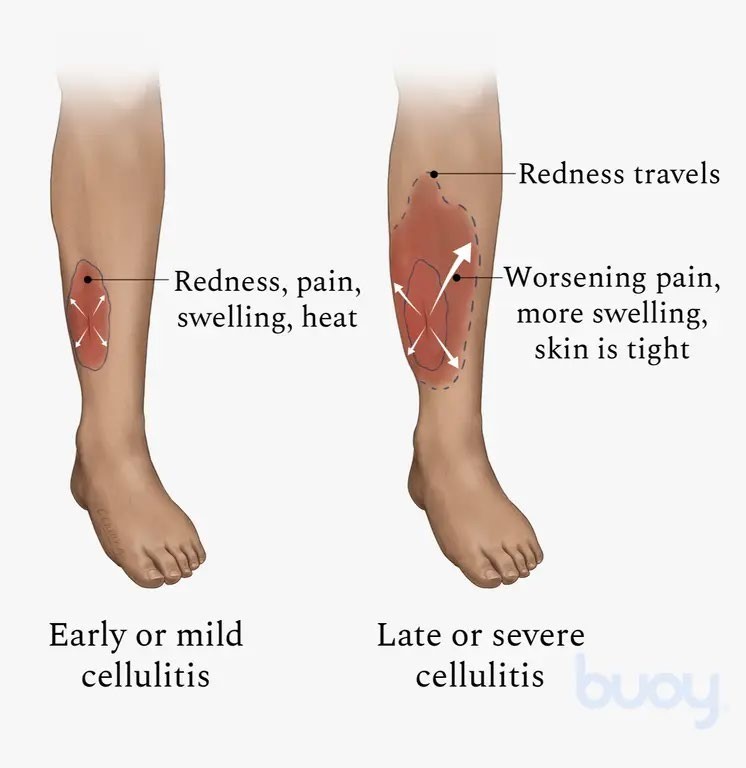A nurse is assessing a client who is receiving a blood transfusion. The nurse notes lung crackles, hypoxia, and distended neck veins. Which of the following actions should the nurse take? (Select all that apply.)
Stop the transfusion.
Place the client in high-Fowler's position.
Administer epinephrine to the client.
Obtain a prescription for a diuretic.
Administer oxygen to the client.
Correct Answer : A,B,D,E
The nurse should stop the transfusion, place the client in high-Fowler's position, obtain a prescription for a diuretic, and administer oxygen to the client. These actions can help manage the symptoms of transfusion- associated circulatory overload (TACO), which can occur when a client receives too much fluid too quickly during a blood transfusion.
c. Administering epinephrine is not an appropriate action for managing TACO. Epinephrine is used to treat anaphylaxis, which is a different type of transfusion reaction.

Nursing Test Bank
Naxlex Comprehensive Predictor Exams
Related Questions
Correct Answer is A
Explanation
When a hospice nurse is visiting a client who has terminal cancer, the statement "I miss him so much already" by the client's partner should be recognized as an indication of anticipatory grief. Anticipatory grief is the grief that occurs before a loss and can include feelings of sadness, longing, and missing the person who is dying.
Option b is incorrect because anger is a common emotion during the grieving process but does not necessarily indicate anticipatory grief.
Option c is incorrect because planning for the future does not necessarily indicate anticipatory grief.
Option d is incorrect because not discussing funeral arrangements does not necessarily indicate anticipatory grief.
Correct Answer is B
Explanation
Cellulitis is a contraindication to receiving acupuncture treatment. Acupuncture involves the insertion of needles into the skin, and if the client has an active skin infection such as cellulitis, there is a risk of spreading the infection.
Option a is incorrect because hypertension is not a contraindication to receiving acupuncture.
Option c is incorrect because obesity is not a contraindication to receiving acupuncture.
Option d is incorrect because migraines are not a contraindication to receiving acupuncture; in fact, acupuncture may be used to treat migraines.

Whether you are a student looking to ace your exams or a practicing nurse seeking to enhance your expertise , our nursing education contents will empower you with the confidence and competence to make a difference in the lives of patients and become a respected leader in the healthcare field.
Visit Naxlex, invest in your future and unlock endless possibilities with our unparalleled nursing education contents today
Report Wrong Answer on the Current Question
Do you disagree with the answer? If yes, what is your expected answer? Explain.
Kindly be descriptive with the issue you are facing.
